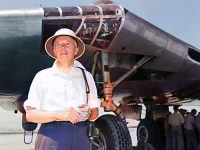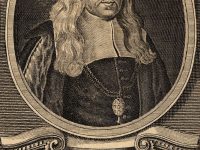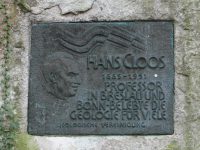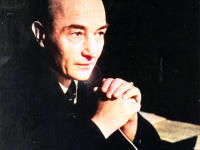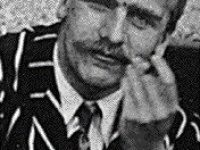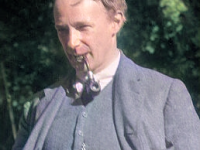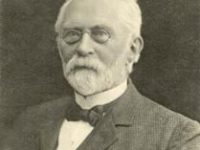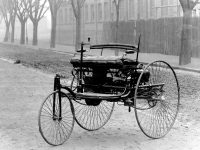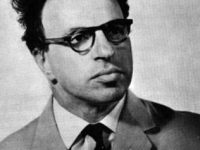Jack Northrop and the Flying Wing Design
On November 10, 1895, American aircraft industrialist and designer Jack Northrop was born. Northrop was an early advocate of all-metal construction and the flying wing design. He founded the Northrop Corporation in 1939. A Boy of Restless Ambition John “Jack” Knudsen Northrop was born in Newark, New Jersey, USA, and grew up in Santa Barbara, California. The course for his life was set in 1911 upon watching a visiting pilot fly a pusher…
Read more

